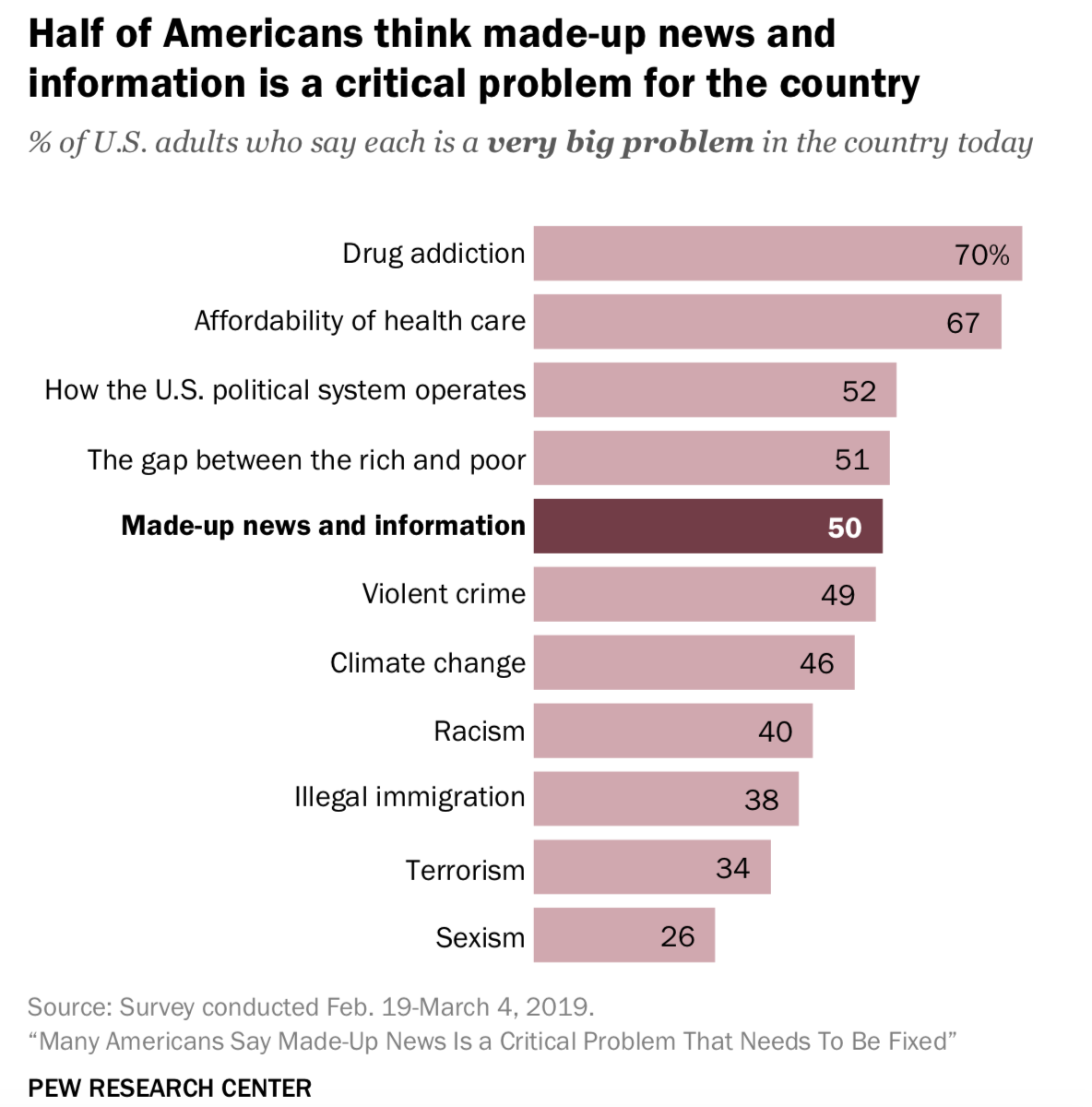For details, see Predicting Bus Delays with Machine Learning | Google AI Blog
"When you have an important meeting, a date with a friend, or a doctor’s appointment, often the first thing you’ll do is check the transit schedule to make sure you can make it on time. Unfortunately, transit schedules don’t always reflect real-time traffic conditions that impact your ride, which can cause a lot of unnecessary stress when you end up arriving later than you thought you would.Grab a seat and be on time with new transit updates on Google Maps | Google Keyword Blog
To solve for this, Google Maps is launching live traffic delays for buses in places where we don’t already have real-time information direct from local transit agencies. You’ll now be able to see if your bus will be late, how long the delay will be, and more accurate travel times based on live traffic conditions along your route. You’ll also see exactly where the delays are on the map so you know what to expect before you even hop on your bus."




